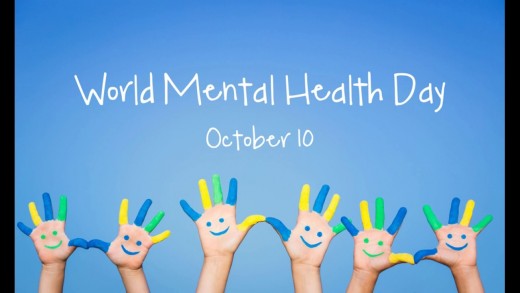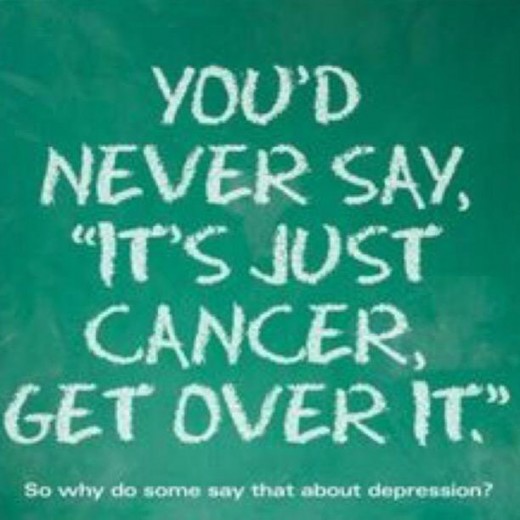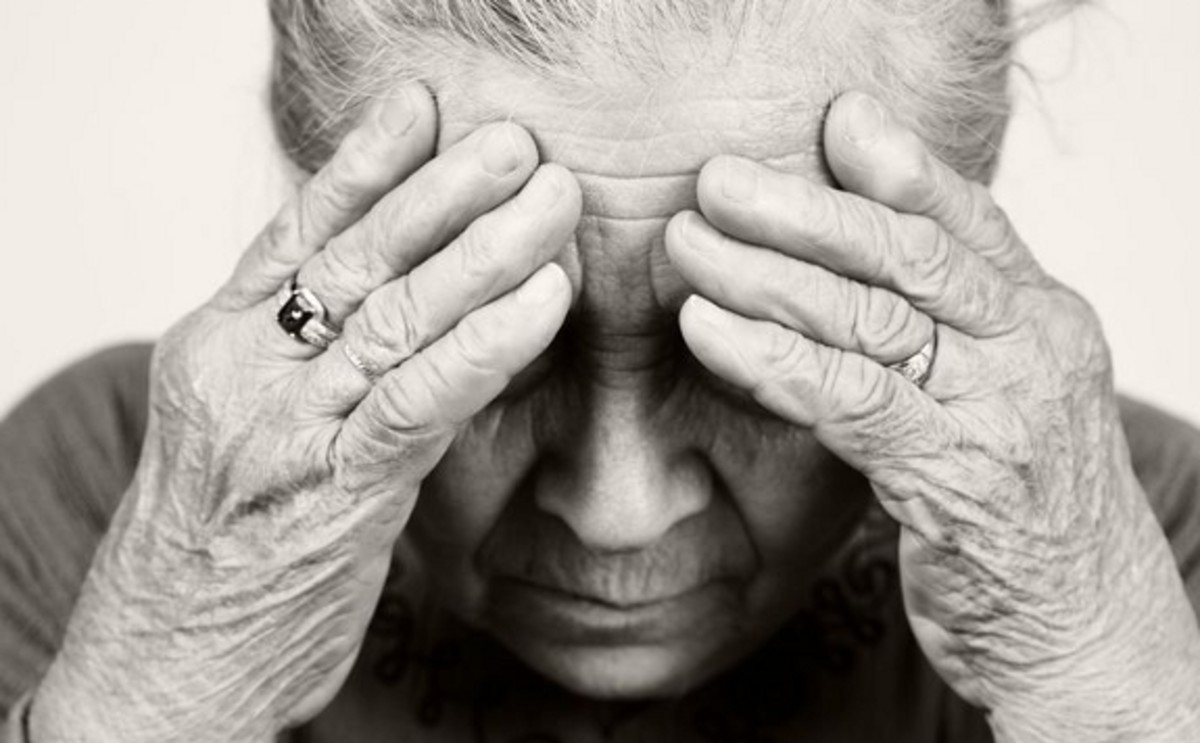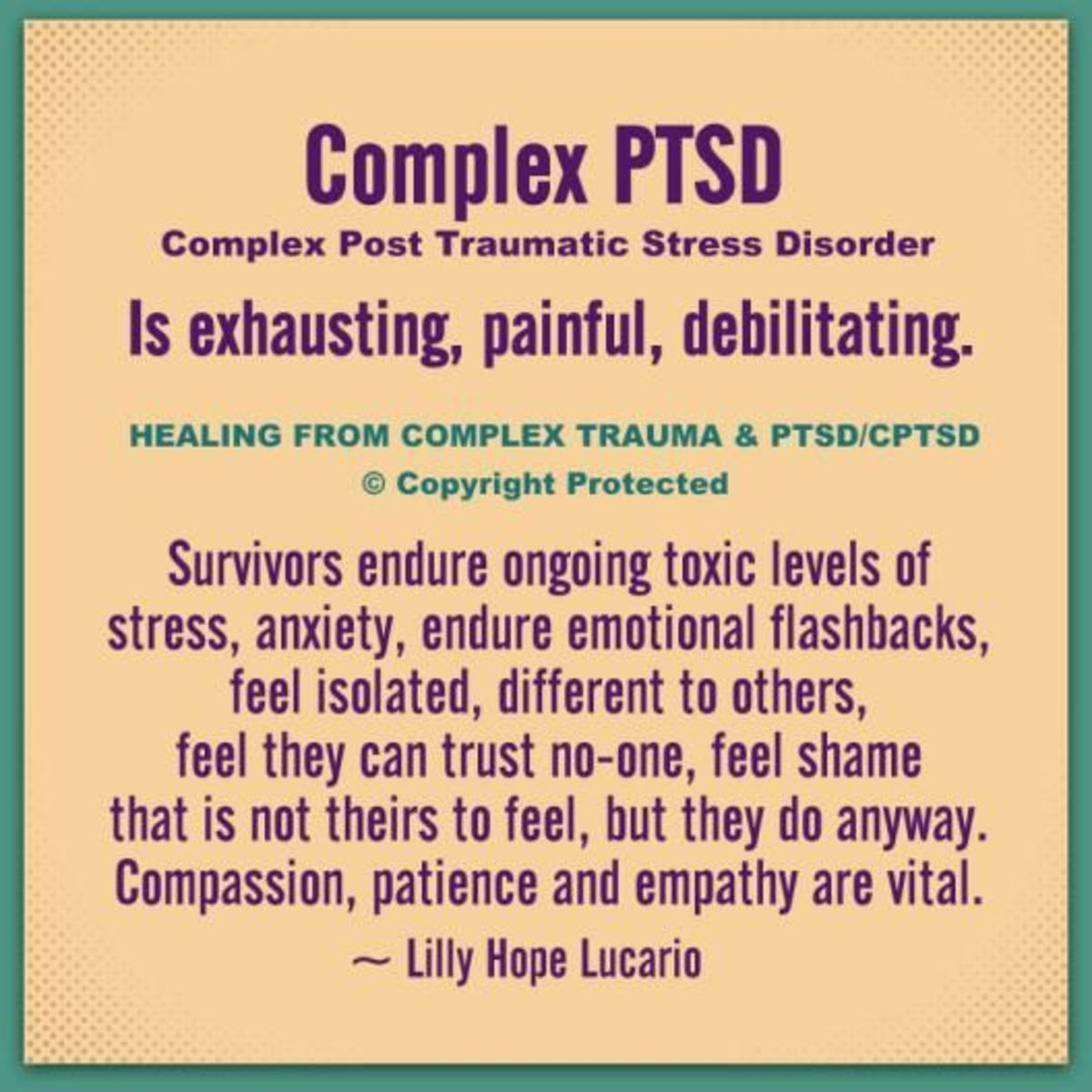World Mental Health Day: What You Should Know
World Mental Health Day

World Mental Health Day: It's Not A Pretty Picture
World Mental Health Day is tomorrow, October 10, and it would appear that not much has changed since last year. According to tes.com, roughly 1 in 4 kids are receiving the mental health care they need in the United Kingdom. That's it. 25 percent of the kids who need mental health care actually get it.
According to Children's Mental Health Ontario, the statistics are even worse: only 1 out of 6 kids get the mental health care and support they need. A good part of the reason why they don't seek care is the overwhelming stigma still attached to mental health conditions.
So, it's clear that there's a pressing need, but because people insist on picking someone apart for that which they don't understand - or in some cases, understand only too well but are too embarrassed or angry about it - there's a lot of kids out there who are simply too scared to ask for help.
Part of it is a lack of knowledge on the parent or guardian's part, to be sure. It's not always as simple as going to your family doctor; when it's your brain in distress, to whom do you ask a referral for? Most would argue that we should be able to see a psychiatrist, but in a lot of cases, psychiatry - which often might involve medication - may not be required in order to resolve the mental health issues the person is dealing with.
So where do we begin? The kids who are scared to seek help, or the lack of understanding that still exists?
Sometimes, it's both.
According to www.allpsychologyschools.com, "A psychologist will diagnose a mental disorder or problem and determine what's best for the patient's care. A psychologist often works in tandem with a psychiatrist, who is also a medical doctor and can prescribe medication if it is determined that medication is necessary for a patient's treatment."
OK, so what is the difference between that and a therapist?
For starters, quite a few dollars, but beyond that, a therapist is more often than not an umbrella term for "psychoanalysts, marriage counselors, social workers and life coaches, among other specialties," according to the same website.
That being said, let's talk stigma.
Mental Health Stigma

We Need To Talk!
On the first day of any class, I go through what I call my "shtick" with my students. I will generally wear a short sleeved t-shirt so that students can get a glimpse of my tattoos, and being six feet tall with short hair, I know there are certain stereotypes that come with my appearance. I'll mention that we're going to be spending a lot of time together so they might as well know a few things about me.
I mention the black belt that was conferred on me in 2016.
I mention that I was in the military for a year.
As they let all of that as well as my appearance sink in, I wait a minute and then add, "And I also have anxiety."
I was asked by a colleague the other day why I mention it. There's a couple reasons - a method to my madness, if you will. First of all, I found out years ago that if I was straight up with my students right from Day One, the likelihood of rumors circulating was hopefully slightly less.
Secondly, I found that if I mentioned that I had anxiety, I became a lot more relatable to the students. They realize that they had a teacher that goes through things like anxiety attacks (they really suck, by the way) and one that, provided they themselves would still put forth an honest effort, would work with them and whatever mental health condition they might be dealing with to try to make the stress involved with the work at least a little bit less.
Thus far in my career, the experiences I've had anytime I've mentioned the anxiety have been resoundingly positive. I think being honest with the students, to an extent of course, allows them to realize that they truly aren't alone in dealing with whatever "stuff" they might be struggling with. I think that to an extent, it also helps students understand that there are ways of living with mental health conditions like anxiety and still finding ways to be successful.
We need to be forthright about mental health conditions on World Mental Health Day and realize that it is through talking about the mental heath conditions in question that we're able to remove some of the stigma and fear involved with mental health.
Wouldn't that feel better?








